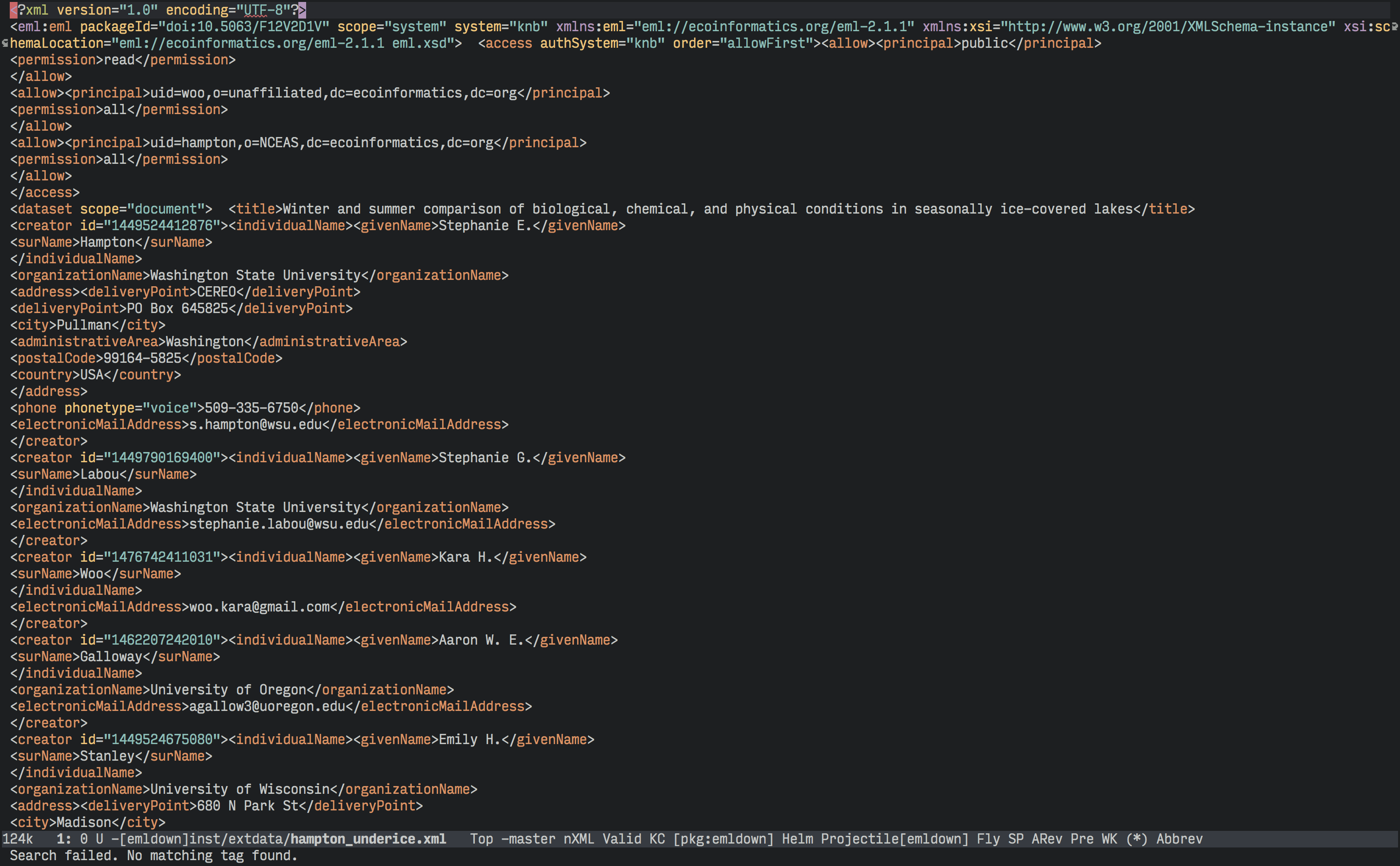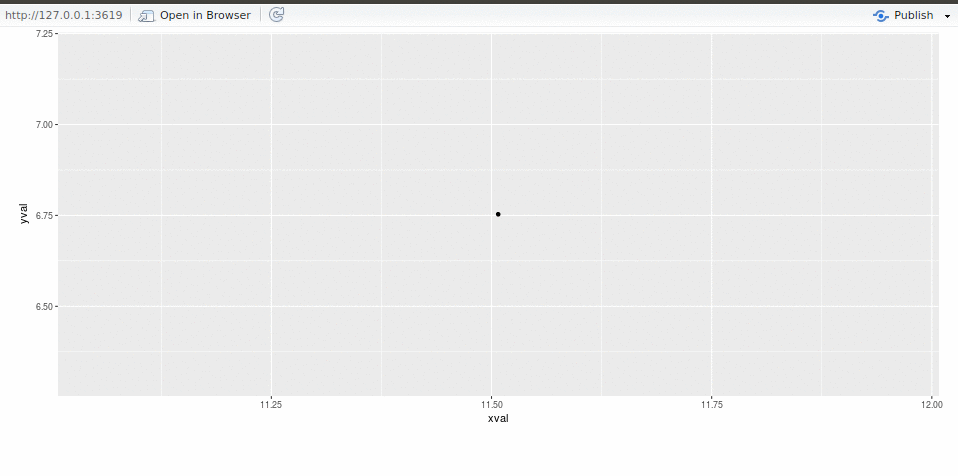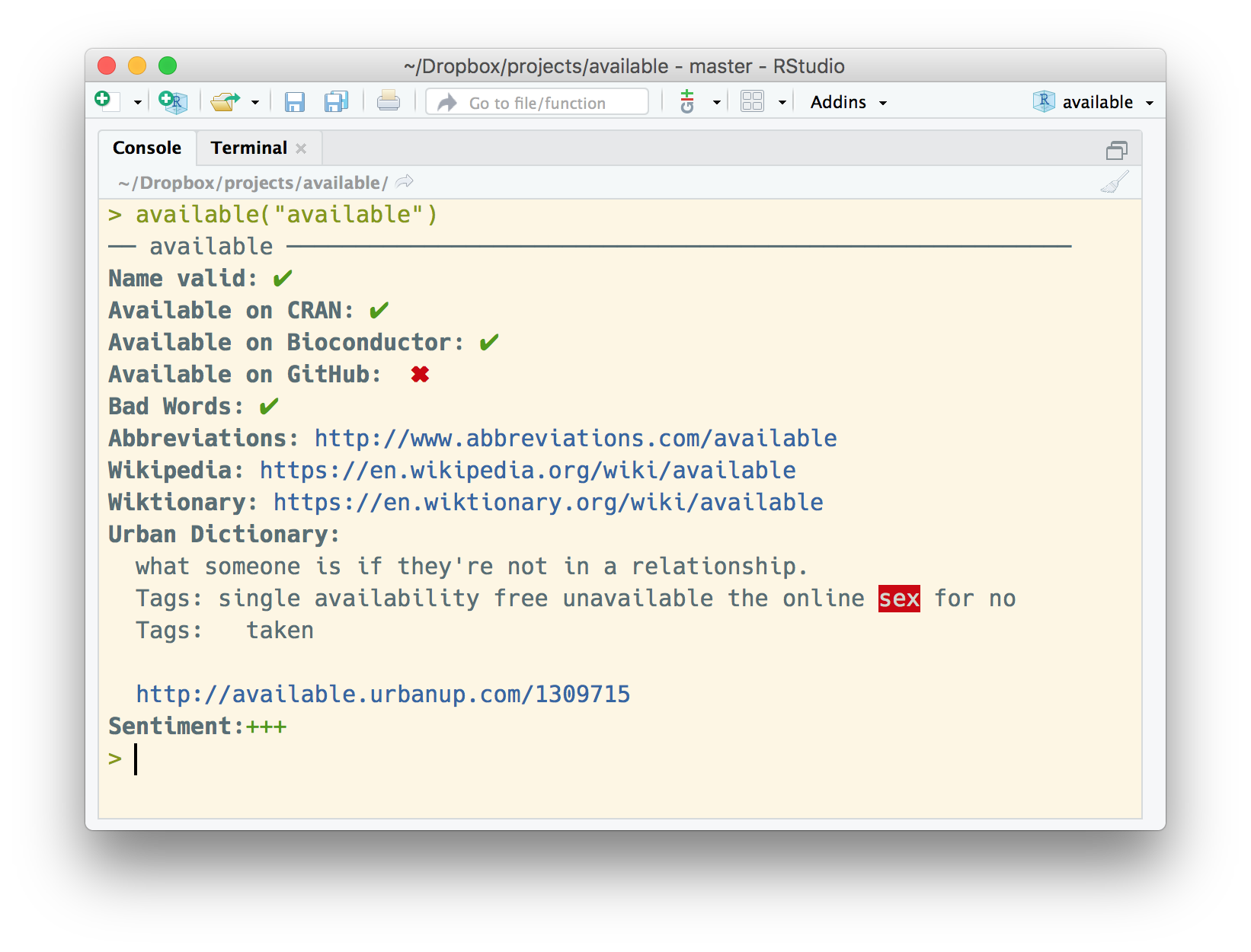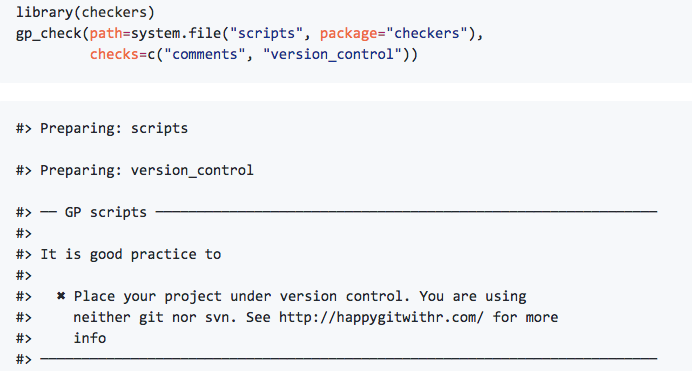Since June, we have been highlighting the many projects that emerged from this year’s rOpenSci Unconf. These projects start many weeks before unconf participants gather in-person. Each year, we ask participants to propose and discuss project ideas ahead of time in a GitHub repo. This serves to get creative juices flowing as well as help people get to know each other a bit through discussion.

How do you get the maximum value out of a dataset? Data is most valuable when it can easily be shared, understood, and used by others. This requires some form of metadata that describes the data. While metadata can take many forms, the most useful metadata is that which follows a standardized specification. The Ecological Metadata Language (EML) is an example of such a specification originally developed for ecological datasets.

Like every R user who uses summary statistics (so, everyone), our team has to rely on some combination of summary functions beyond summary() and str(). But we found them all lacking in some way because they can be generic, they don’t always provide easy-to-operate-on data structures, and they are not pipeable. What we wanted was a frictionless approach for quickly skimming useful and tidy summary statistics as part of a pipeline.

We, Alicia Schep and MilesMcBain, drove the webrockets projectat #runconf17.To make progress we solicited code, advice, and entertaining anecdotesfrom a host of other attendees, whom we humbly thank for helping to makeour project possible. This post is divided into two sections: First up we’ll relate ourexperiences, prompted by some questions we wrote forone another.

Before everybody made their way to the unconf via LAX and Lyft, attendees discussed potential project ideas online. The packagemetrics package was our answer to two related issues. The first proposal centered on creating and formatting tables in a reproducible workflow.

What’s that? You’ve heard of R? You use R? You develop in R? You know someone else who’s mentioned R? Oh, you’re breathing? Well, in that case, welcome! Come join the R community! We recently had a group discussion at rOpenSci’s #runconf17 in Los Angeles, CA about the R community. I initially opened the issue on GitHub.
And finally, we end our series of unconf project summaries (day 1, day 2, day 3, day 4). mwparser Summary: Wikimarkup is the language used on Wikipedia and similar projects, and as such contains a lot of valuable data both for scientists studying collaborative systems and people studying things documented on or in Wikipedia.

Continuing our series of blog posts (day 1, day 2, day 3) this week about unconf 17. cityquant Summary: The goal with the cityquant project was to build a digital dashboard for sustainable cities. They also had a “spin-off” project called selfquant to get data from a quantified self google sheets template to keep track of weekly performance in various categories.

Continuing our series of blog posts (day 1, day 2) this week about unconf 17. available Summary: Ever have trouble naming your software package? Find a great name and realize it’s already taken on CRAN, or further along in development on GitHub? The available package makes it easy to check for valid, available names, and also checks various sources for any unintended meanings.

Following up on Stefanie’s recap of unconf 17, we are following up this entire week with summaries of projects developed at the event. We plan to highlight 4-5 projects each day, with detailed posts from a handful of teams to follow. checkers Summary: checkers is a framework for reviewing analysis projects. It provides automated checks for best practices, using extensions on the goodpractice package.